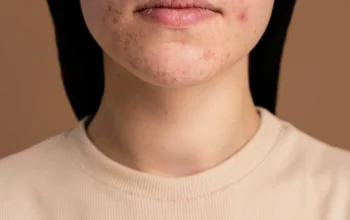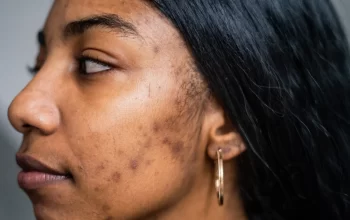Treatments For Acne – Which Type of Acne Sufferer Are You?
Acne, more commonly known as acne vulgaris, is a long term, severe skin disorder that occurs when oil from your skin and dead skin cells plug hair follicles in your skin. Common characteristics of this condition include whiteheads or blackheads, enlarged pimples, oily complexion, and the possibility of scarring. If you have suffered from acne at some point in your life, you know how badly it can affect your appearance and how difficult it can be to treat. While there are medications available for acne, more often than not they are only a quick fix and don’t address the underlying issues of why people get acne in the first place.
One of the more common causes of acne is hormonal changes. During puberty and pregnancy, there is an increased risk of increased oil production in the sebaceous glands, which can lead to oily skin and acne breakouts. As women approach menopause, there is also an increased risk of increased hormone levels which may lead to increased oil production in the skin as well.
Another way acne is caused is by blocked pores and inflammation. When there are too many oils and bacteria in the skin, clogged pores are formed and pimples are formed. This is usually caused by either excess hormones or increased pressure on the hair follicles due to excess body oil production. For both of these conditions, changing one’s diet can often help clear up the problem.
Acne also has a tendency to occur when there are less naturally occurring oils and bacteria in the skin. These are commonly known as whiteheads and blackheads. Blackheads are typically larger in size and blackens the skin tone rather quickly. The typical whitehead appears as a soft pink lesion that bursts open when pressure is applied to the blackhead. Both of these conditions should be given attention by a dermatologist.
Even if you have very mild acne, it is important to seek medical attention for any potential scarring or other complications. Scarring is much more severe than acne itself and can include permanent damage to the skin and nerves. Many severe forms of acne can leave scars behind which can be very hard to cover up even with make-up. It is very important to not let this happen to you as often acne treatments such as scar creams and laser treatments can lead to scarring. Scarring from acne can sometimes take years to disappear and thus may require treatment even if the scar does not seem to have any visible effect on your skin.
It is important to note that there are different types of acne ranging from those that affect just the surface of the skin to those that can affect the whole face and body. Blackheads generally occur on the skin’s surface while whiteheads are found deep in the pores. Most blackheads are caused by excessive oil production in the skin while whiteheads are caused by bacterial growth within the pores. Pimples are very noticeable and blackheads are the most common type but there are also cystic acne and nodular acne that can produce very noticeable bumps.









